The mainstream approach to corruption tends to focus on the individuals involved, but rarely examines the political, cultural and social context in which corruption occurs.
———–
Corruption is back in the headlines. Over the past week, the Indonesian public has been gripped by news about the massive electronic identity card (e-KTP) scandal, which, according to the Corruption Eradication Commission (KPK), resulted in state losses of Rp 2.3 trillion (AU$223.66 million). Big-name politicians and officials are said to have taken part in a “bancakan”, a Javanese term akin to a feast, because of the staggering amount of money allegedly embezzled and shared.
Others have used the already popular term “korupsi berjamaah” (a term meaning collective or orchestrated corruption, in which it is likened to religious practice). Both terms are, however, also ambiguous – is corruption partly acceptable or even praiseworthy, or is it just humorously disdainful?
Putting aside the sensational way the media has reported on the case, many have been quick to condemn the individuals on the long indictment list, calling them “shameless” even “inhuman”. This focus on the individual has dominated the approachto understanding corruption in practice, as well as in academic literature.
But is the individual really at the core of the problem? Critics have argued that the mainstream approach to corruption has focused too much on singling out individuals and has underemphasised the important role played by the social, political andcultural context in which these individuals are situated.
Corruption is said to be the result of rationally motivated individuals seeking to maximise gain. The social context is usually ignored. As a result, corruption is often seen as a universal problem of morality to be solved using a one-size-fits-all approach aimed at turning people into more ethical beings.
Research adopting anthropological and cultural studies approaches challenge such conceptualisations of corruption, arguing that corruption is not as “objective” as people may think. Understandings of what constitutes corruption vary from time to time, from nation to nation, from society to society.
Corruption is, after all, not unique to Indonesia. Other similar practices exist elsewhere, such as the recent scandal in South Korea involving impeached president Park Geun-hye and electronics giant Samsung or the massive Brazilian case implicating dozens of lawmakers and businessmen. The Western world, meanwhile, has seen the Panama Papers investigation, which led top economist Jeffrey Sachs to say that anti-corruption efforts must start with the UK and the US.
Adopting an anthropological perspective, my research has shown that practices many label as corruption have different meanings to different people. Sometimes these understandings do not carry any sense of moral decay, or dysfunctionality. Informants in my research, which included government officials, businesspeople and anti-corruption activists, discussed how corruption makes a broken system workable, or how corruption fulfilled certain social obligations.
This is consistent with the work of other analysts who argue that the political party financing system in Indonesia makes it hard not to engage in rent-seeking, kickbacks or other similar practices. Getting into power can be very expensive for politicians and has led to illicit fund-raising to recoup some of these costs. Society also puts considerable pressure on politicians and high-profile officials to share their bounty, a concept Indonesians often describe as “bagi-bagi rejeki”.
Considering how these understandings of corruption are persistently circulated in conversations and interactions by people who deal with corruption on a day-to-day basis, it is no surprise that they influence actions. Unfortunately, the current recipes for anti-corruption success tend to underplay the importance of examining these understandings and how they inform and sustain actions.
The public often seem easily distracted by news about the massive amounts of money and actors involved in each corruption case. On one hand, this gives people the chance to express their grievances, as well discredit certain actors or elements of society to advance their own political interests. But there is a growing need to take a closer look into the interpretation of and meanings assigned to practices commonly labelled as corruption by key actors. This would allow a better understanding of complexities involved and offers hope for the formulation of solutions tailor-made to each context.
*) This article has been published by Indonesia at Melbourne, you can read it at this link.
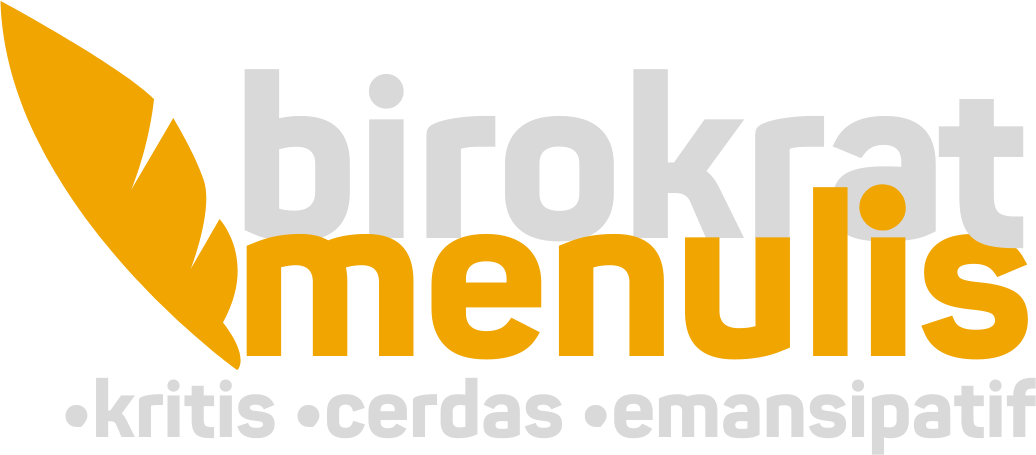

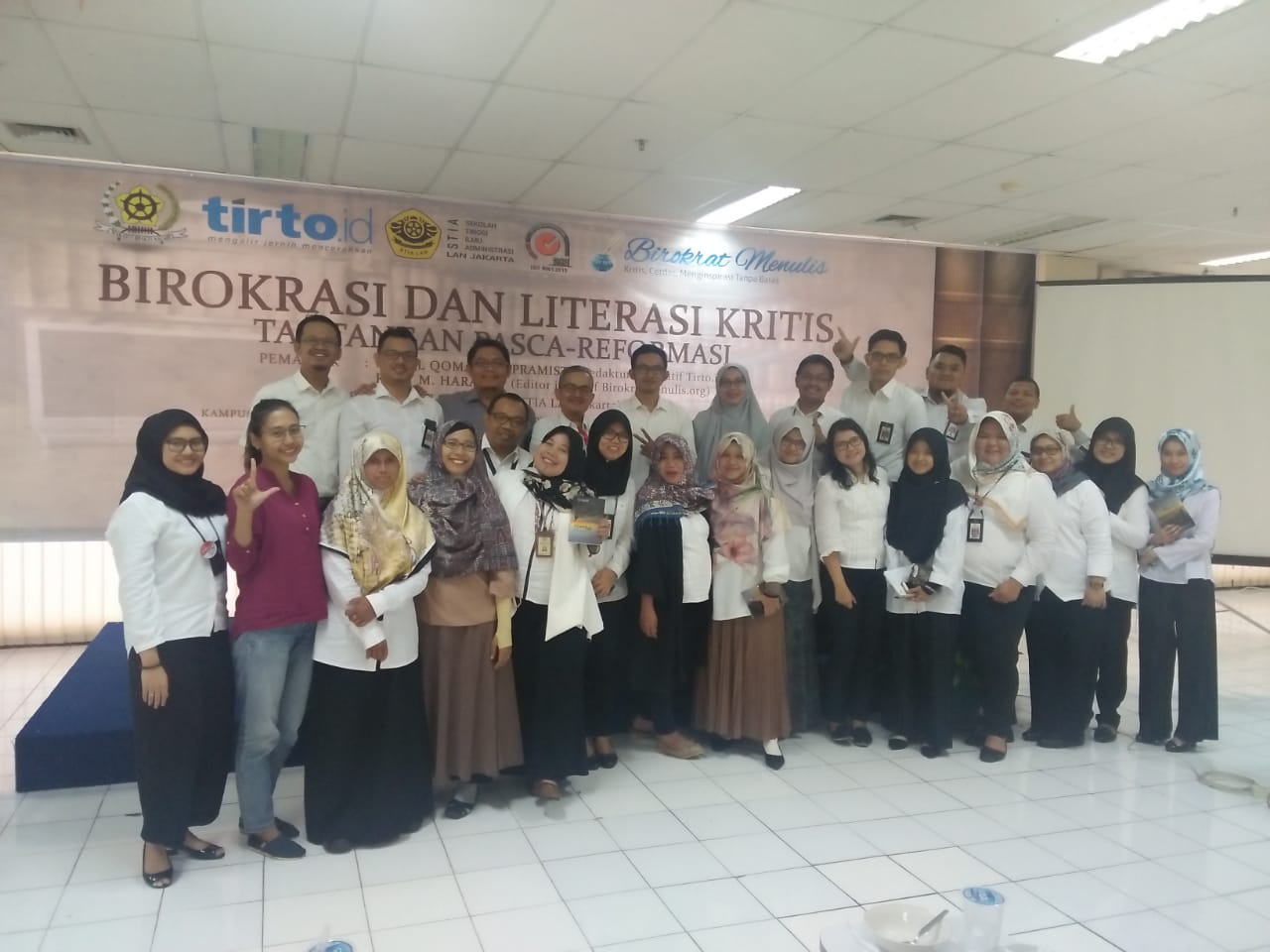
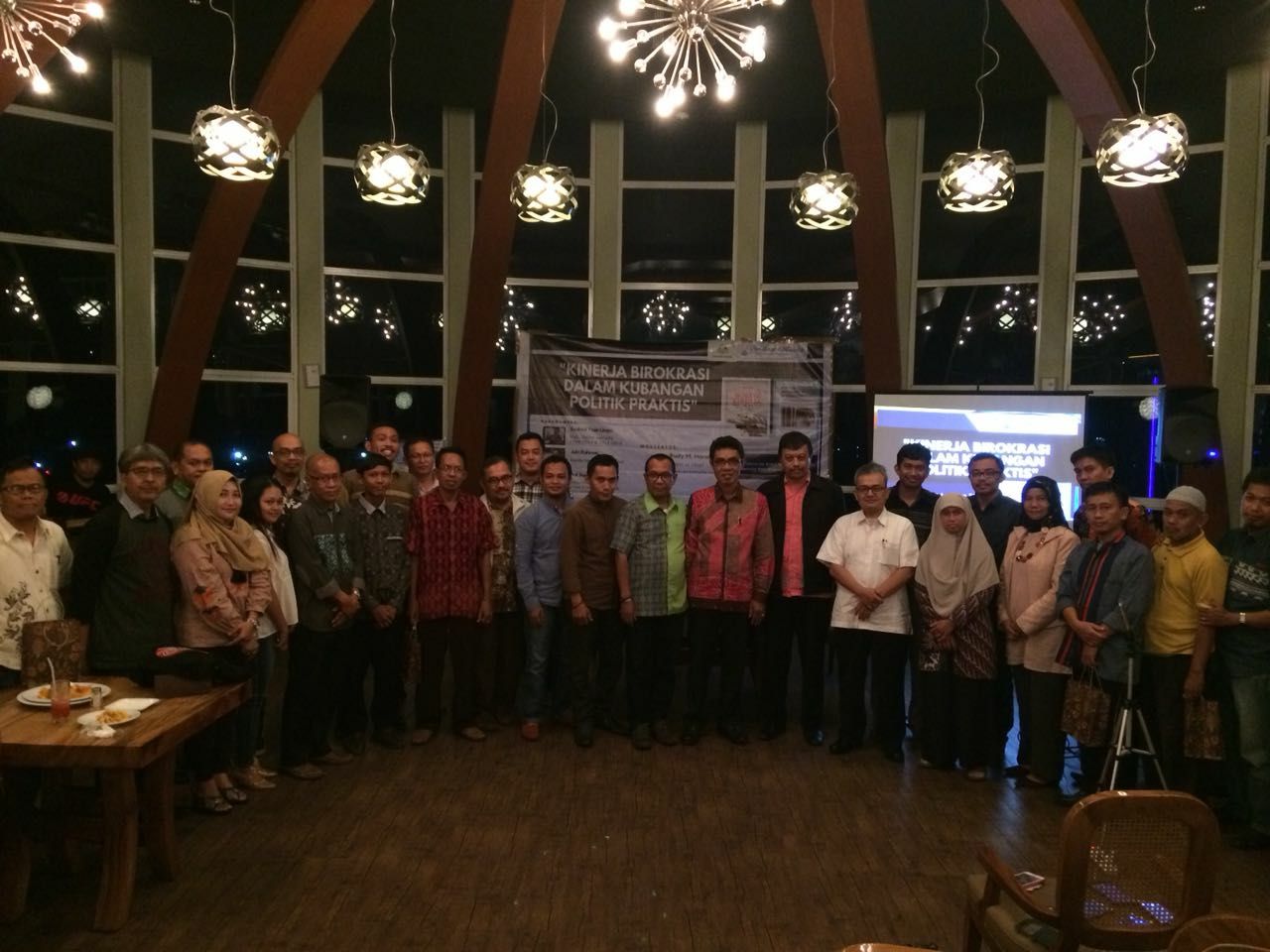
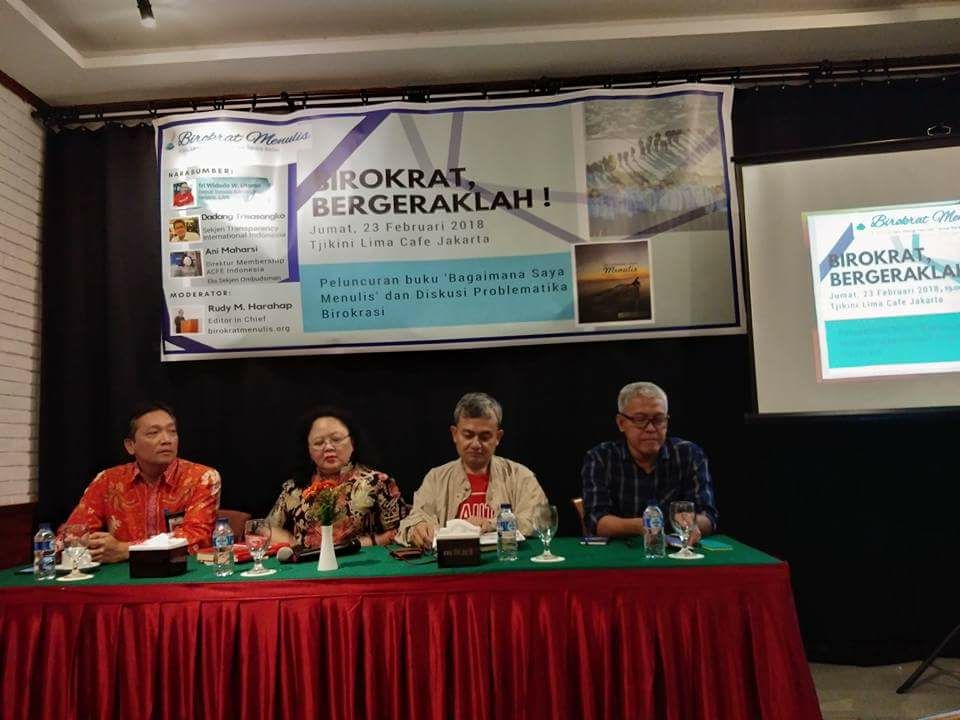
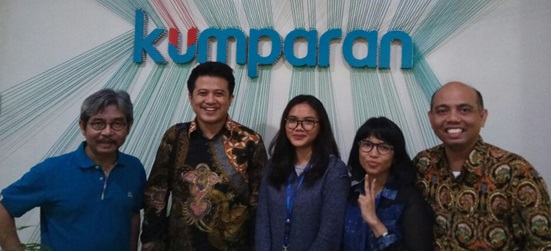
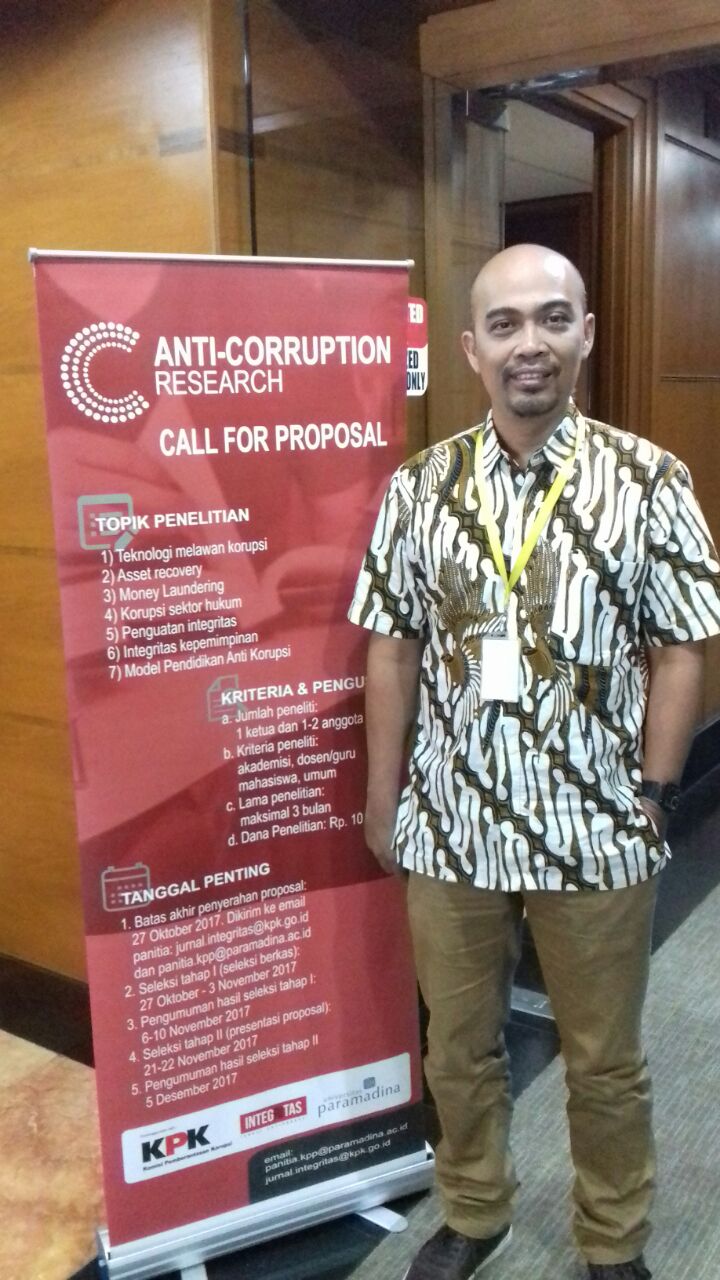
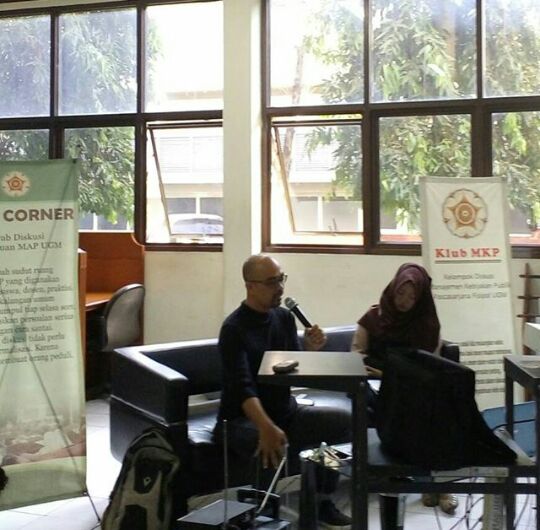







Would be great if your research elaborates the non politicians (public servants such as police, army, 4th echelon) who persistently seek kick-backs. In this case entry cost to power is negligible.
I would guess that it is related to insecurity, low esteem, poverty, competition mindset, etc.